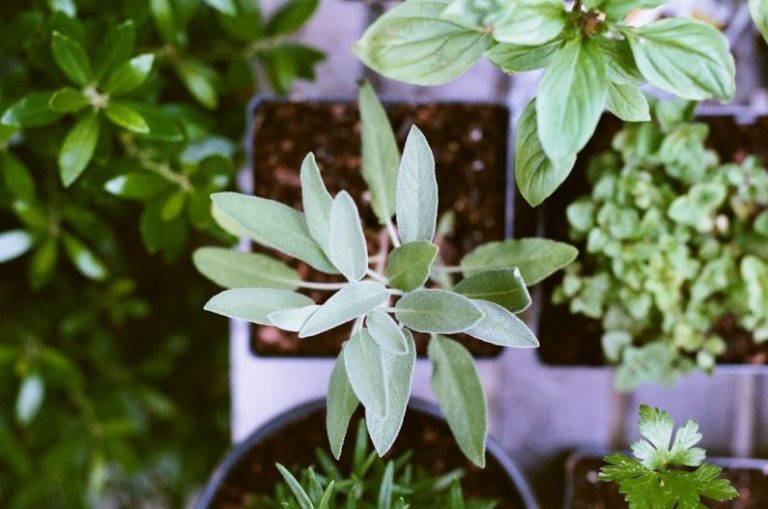Starting Your First Vegetable Garden
Embarking on the journey of starting your first vegetable garden can be an exciting and rewarding experience. Whether you have a sprawling backyard or just a small balcony, growing your own vegetables can provide you with fresh, organic produce and a deeper connection to nature. With a little planning, patience, and the right tools, you can create a thriving garden that will yield a bountiful harvest. Here are some essential tips to help you get started on your vegetable gardening adventure.
Choosing the Right Location
Selecting the right location for your vegetable garden is crucial for its success. Most vegetables require at least six hours of sunlight per day, so choose a spot in your yard or balcony that receives ample sunlight. Ensure that the area has good drainage to prevent waterlogging, as excessive moisture can lead to root rot and other issues. If you’re limited on space, consider using containers or raised beds to create a garden in even the smallest of areas.
Preparing the Soil
Healthy soil is the foundation of a successful vegetable garden. Before planting, it’s essential to prepare the soil by loosening it and adding organic matter such as compost or aged manure. This will improve the soil structure, provide essential nutrients for your plants, and promote healthy root growth. Consider getting a soil test done to determine the pH level and nutrient content of your soil, allowing you to make any necessary amendments to create the ideal growing environment for your vegetables.
Selecting the Right Vegetables
When starting your first vegetable garden, it’s important to choose vegetables that are well-suited to your climate and growing conditions. Consider factors such as the length of your growing season, average temperature, and available space when selecting which vegetables to plant. Beginners may want to start with easy-to-grow vegetables such as tomatoes, lettuce, peppers, and zucchini, which are relatively low-maintenance and forgiving for first-time gardeners.
Planting and Watering
Once you’ve chosen your vegetables and prepared the soil, it’s time to plant your garden. Follow the planting instructions on the seed packets or plant tags, making sure to space the plants according to their specific requirements. Water your garden regularly, ensuring that the soil remains consistently moist but not waterlogged. Mulching around your plants can help retain moisture, suppress weeds, and regulate soil temperature, promoting healthy growth and reducing the need for frequent watering.
Pest and Disease Management
Keeping your vegetable garden healthy and pest-free is essential for a successful harvest. Monitor your plants regularly for signs of pests such as aphids, caterpillars, and snails, and take appropriate measures to control them before they cause significant damage. Consider using natural pest control methods such as companion planting, handpicking pests, or using organic insecticides to protect your plants without harming beneficial insects or the environment.
Harvesting and Enjoying Your Produce
As your vegetables grow and mature, it’s time to reap the rewards of your hard work. Harvest your vegetables when they are ripe, following the specific guidelines for each type of vegetable. Enjoy the fresh flavors of your homegrown produce in salads, stir-fries, or simply eaten raw. Share your bounty with friends and family, or consider preserving excess harvest through freezing, canning, or pickling to enjoy your homegrown vegetables year-round.
Cultivating a Lifelong Passion
Starting your first vegetable garden is not just about growing food; it’s about cultivating a deeper connection to the natural world and developing a lifelong passion for gardening. As you tend to your plants, observe their growth, and learn from your successes and failures, you’ll gain valuable knowledge and skills that will serve you well in future gardening endeavors. Embrace the joy of growing your own food and take pride in the sustainable, eco-friendly practice of vegetable gardening.
Embrace the journey of starting your first vegetable garden with enthusiasm and curiosity, and you’ll discover the many joys and benefits that come with growing your own food. With a little effort and dedication, you can create a thriving garden that will provide you with fresh, nutritious produce and a sense of accomplishment. So roll up your sleeves, dig in the dirt, and let your vegetable garden adventure begin!






